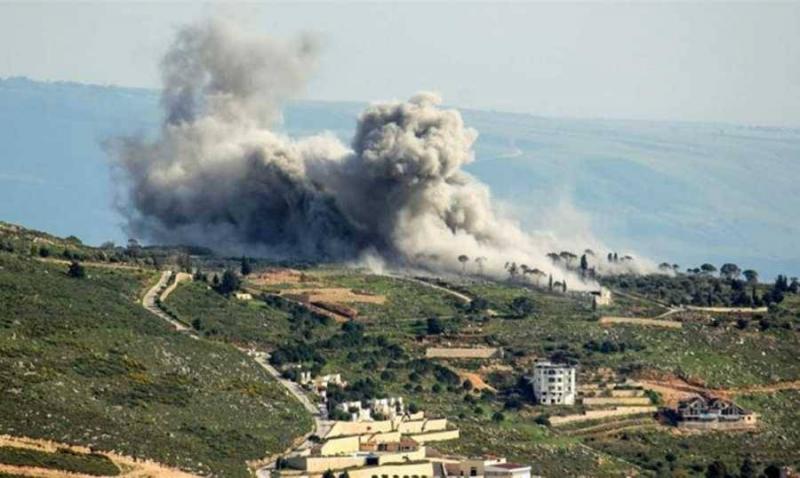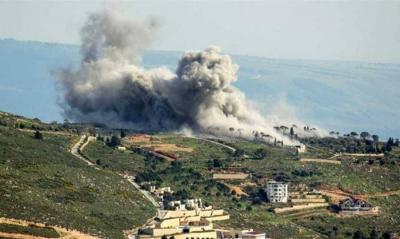The British newspaper "The Guardian" reported that "Hezbollah launched missiles at Israel on October 8 in 'solidarity' with the Hamas attack that took place the day before. However, over the past week, fears have increased about the possibility of widespread war following the consecutive assassinations of Hezbollah's top military commander Fouad Shukr in Beirut and the political leader of Hamas, Ismail Haniyeh, in Tehran, in response to the killing of 12 children in a missile attack on the town of Majdal Shams in the Israeli-occupied Golan Heights. Israel blamed Hezbollah, Iran's ally, for the attack, which the party denied."
According to the newspaper, "Both Hezbollah and Iran vowed a 'serious' response to Israel. American and Israeli officials indicated that this could include a large-scale missile attack against Israel, similar to the onslaught of Iranian drones in April. In the Shatila camp, residents expressed that they are eagerly awaiting Hezbollah and Iran's retaliation. People gathered on Friday in the camp to mourn Haniyeh during his burial in Qatar. Wafa Issa, one of the attendees, said: 'Many of us welcome an escalation of the war if the goal is to alleviate the suffering of our people in Gaza and the West Bank. We want revenge from Iran and Hezbollah for what happened.'"
The newspaper continued, "Away from Beirut, fighters were preparing themselves. Major General Monir Makdah, commander of the Al-Aqsa Martyrs' Brigades, the military wing of the Palestinian Fatah movement that fought alongside Hezbollah, stated: 'We are ready for any confrontation with Israel.' In contrast, diplomats are striving to prevent the ongoing conflict from escalating into a regional war. British Foreign Secretary David Lammy made a phone call on Saturday to his American counterpart, Antony Blinken. U.S. State Department spokesman Matthew Miller stated that both sides reaffirmed the need to 'de-escalate the rising tensions in the Middle East and prevent the spread of conflict.'"
The paper added, "However, in Lebanon, Western calls are being ignored. Hezbollah-affiliated media accused U.S. mediator Amos Hochstein of leading a 'diplomatic deception campaign' to mislead them about the nature of the Israeli strike, as they claim, and called on Lebanese officials to stop meeting with Hochstein, who until now has been viewed as the main sponsor of a diplomatic solution between Israel and Hezbollah. With no clear path to de-escalation, many Lebanese feel despair at the potential outbreak of another war. Critics of Hezbollah argue that the state, not the party, should decide the fate of the country."
According to the newspaper, "Hezbollah consistently claims that the missile fire on Israel aims to alleviate pressure on its ally Hamas and draw Israeli resources away from Gaza. However, for some in Lebanon, despite overwhelming sympathy for the high humanitarian toll in Gaza, the cost of Hezbollah's intervention may be too high to bear."




